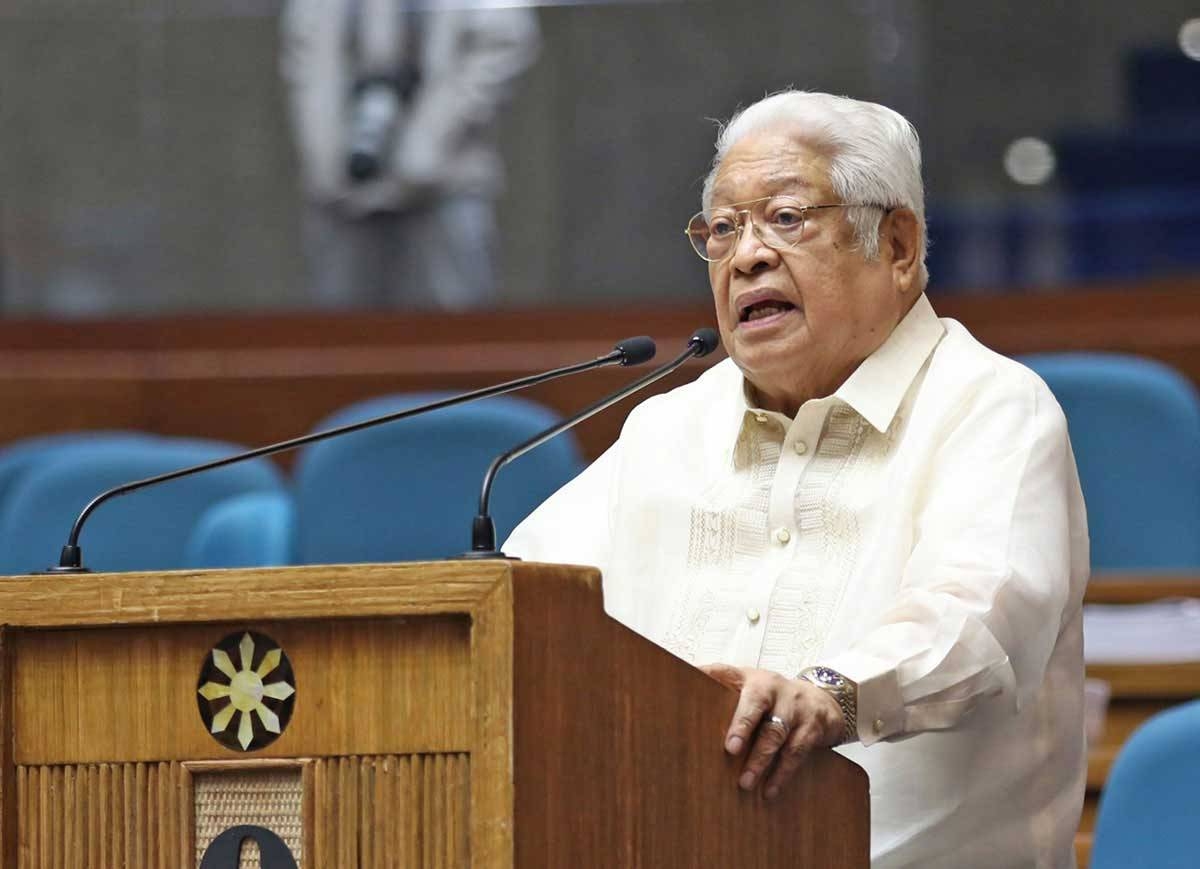RBH 7: A Controversial Amendment to the Constitution
Even if the Resolution of Both Houses (RBH) 7 is passed by the House of Representatives, a leading opposition congressman believes that it will face significant challenges in the Senate, where it lacks support. RBH 7 aims to amend provisions in the constitution that restrict foreign ownership of schools, telecommunications utilities, and certain media assets.
In a recent media briefing, Albay 1st District Representative Edcel Lagman expressed his skepticism about the fate of RBH 7. He compared the legislative process to the episodes of joy and mourning that characterize the Holy Week. Lagman stated, “Next week, if the lower house passes RBH No. 7, that would be like Palm Sunday, where there are so many hallelujahs, but in the Senate, we are going to mourn it as if it were Good Friday.”
Lagman’s pessimism stems from the belief that RBH 7 will face significant opposition in the Senate. Despite its passage on the second reading, he considers it a “foregone conclusion” that it will be approved on the third and final reading next week. However, Lagman acknowledged that the opponents of RBH 7 do not have a clear strategy to challenge the overwhelming majority vote in the House. Instead, they plan to present their arguments against economic charter change, particularly focusing on the phrase “unless otherwise provided by law,” directly to the public and the media.
Lagman emphasized the need for clarity regarding the phrase “otherwise provided by law.” He argued that this term is nebulous and fails to provide clear guidelines for potential investors. He raised concerns about the lack of specific parameters and regulations governing foreign equity in various sectors. Lagman pointed out that this ambiguity could leave voters in a future plebiscite in limbo, as they would not know how Congress would interpret and implement the provision.
Calixto Chikiamco, representing the Foundation for Economic Freedom, defended the move to ease economic restrictions. He acknowledged that while there is existing legislation allowing the entry of foreign investors in certain sectors, its constitutionality has been challenged in the Supreme Court. Chikiamco argued that removing these restrictions from the constitution would eliminate uncertainty and send a strong signal to foreign investors that the Philippines is serious about attracting their investments.
Chikiamco also highlighted the safeguards under the current law that protect Philippine-owned businesses from potential compromise during times of war or conflict. He emphasized that RBH 7 covers not only education, public utilities, and advertising but also other sectors. However, Congress has chosen to leave the inclusion of these sectors to future deliberations.
The approval of RBH 7 holds significant implications for the Philippines’ economic landscape. It signifies the government’s commitment to creating a favorable environment for foreign investors. By removing constitutional restrictions, the country aims to attract more foreign capital and foster economic growth.
However, the debate surrounding RBH 7 is far from over. Its fate in the Senate remains uncertain, and critics continue to raise concerns about the potential consequences of loosening economic restrictions. As the legislative process unfolds, it is crucial for lawmakers to address these concerns and ensure transparency and clarity in their deliberations.
In conclusion, RBH 7 represents a contentious attempt to amend the constitution and ease economic restrictions. The contrasting views of Lagman and Chikiamco highlight the complexity of the issue and the need for careful consideration. As the Philippines navigates this debate, it is essential to strike a balance between attracting foreign investments and safeguarding national interests.
Source: The Manila Times








